Leslie’s Acute Promyelocytic Leukemia Story
Leslie was diagnosed with acute promyelocytic leukemia (APL) after feeling symptoms like fatigue and joint pain.
In her story, Leslie shares her chemotherapy experience, recovery, parenting with cancer, and how she approached the issue of fertility preservation.
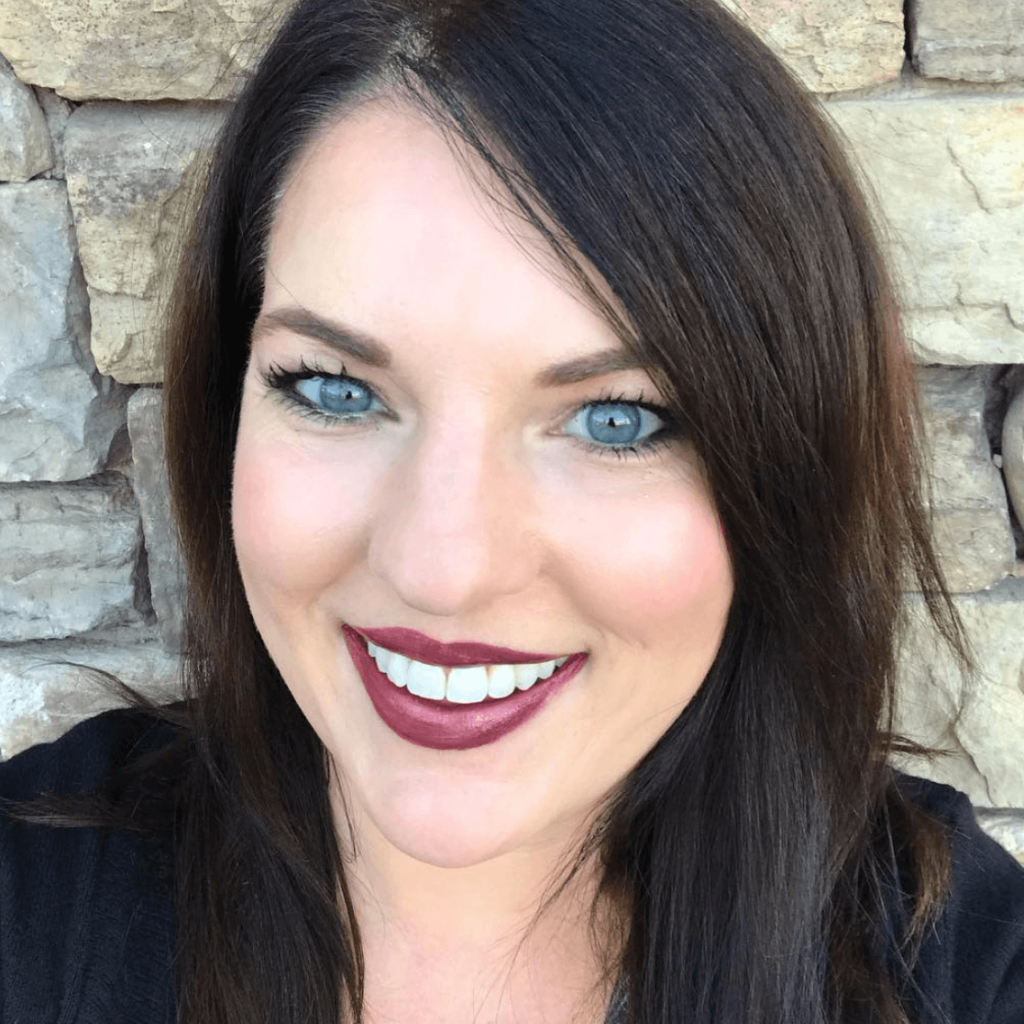
- Name: Leslie T.
- Diagnosis:
- Acute promyelocytic leukemia (APL)
- Aggressive subtype of AML
- Staging: N/A, high-risk
- 1st Symptoms:
- Fatigue
- Joint pain
- Migraine
- Bruising easily
- Trouble breathing
- Treatment:
- Chemotherapy
- ATRA & arsenic
- Infusions every day for 2 months
- Outpatient, continued infusions every weekday for another 8 months
- Oral chemo
- ATRA & arsenic
- Blood transfusions
- Chemotherapy
This interview has been edited for clarity. This is not medical advice. Please consult with your healthcare provider for treatment decisions.

Dive deep and look for the good that’s going to come out of it.
As an outpatient, I was so grateful that I was home. I celebrated those milestones, and I encourage everyone to do the same.
Leslie T.
Diagnosis
What were your first symptoms?
I hadn’t been feeling great for a while. I started with my primary, and she made me feel like a little bit of a hypochondriac. I was feeling really tired and having some joint pain. She just said, “Maybe you need to lose 10 pounds.” I wasn’t overweight, and I didn’t think that was the issue.
I went back to her again, and she put me in physical therapy, which I didn’t need. I did weeks of that anyway, but I wasn’t getting any relief. I switched to a different doctor. That doctor gave me steroid infections. I also did spinal and hip therapies that were pretty expensive. I was still getting worse.
A few months after all this started, I felt like I pulled my calf muscle. I used to work out a lot, so I thought I over-stretched it or something. It hurt just to step my foot down. I didn’t pursue going to a doctor because I felt like I wasn’t getting any answers.
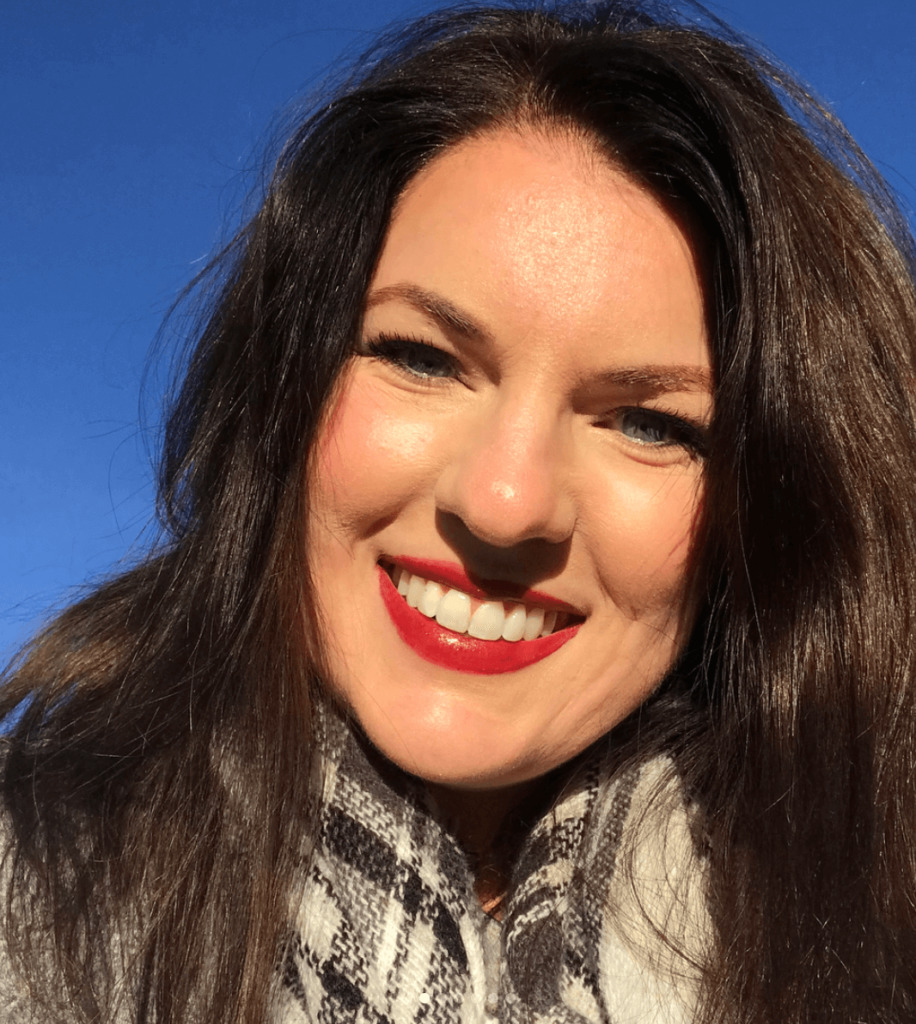
I paid a chiropractor for a spinal therapy. I was having adjustments all the time. That wasn’t really working. For about two months then, I just didn’t really go to the doctor because I wasn’t getting any answers and spending so much money.
I started having an extreme headache with no relief for months. I went to the urgent care. They told me I had a sinus infection. I started taking antibiotics, and then I went back on steroids. I still wasn’t getting better, so they gave me Tramadol. I would throw that up.
I started getting deep purple bruises, more joints started hurting, and my collarbone started hurting pretty severely. One night, I couldn’t sleep, so I went to the local ER.
That doctor saw the antibiotic I was taking and said, “It doesn’t look like you’ve taken all this.” That wasn’t the problem, though.
I said, “I’m having trouble breathing, my calf hurts, and I have all these bruises.” He seems tired and robotic, and he just thought I hadn’t taken my antibiotic long enough. He didn’t think anything was wrong.
Then they started asking me if I was in a healthy relationship. I was like, “Yeah. I’m here at 4 in the morning, and I just can’t sleep. My head hurts. It’s hard to breathe.”
They sent me home, so I had posted on social media about my bruises. My husband also started Googling my symptoms.
He said, ‘I think you have leukemia,’ and I just thought he was terrible for saying that. Then 2 weeks later, I found out he was right.
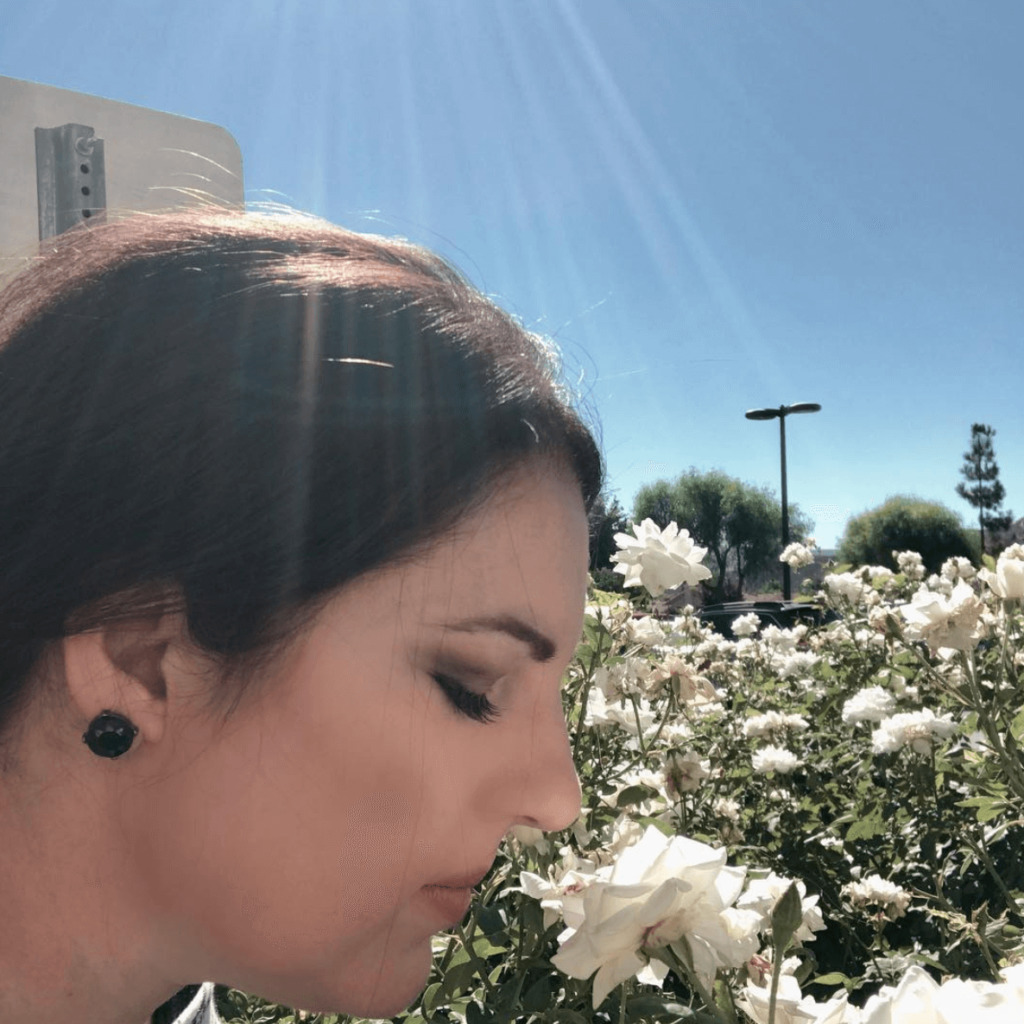
How did you finally get a diagnosis?
We have a friend who’s a physicians assistant (PA) at that same ER. 9 days after the first ER visit, I told my husband, “I can’t get out of bed. I can’t take care of our son. I don’t know what’s wrong.” He wanted me to go back to the ER, but I didn’t want to go because they all made me feel like I was crazy. I started to think I was crazy.
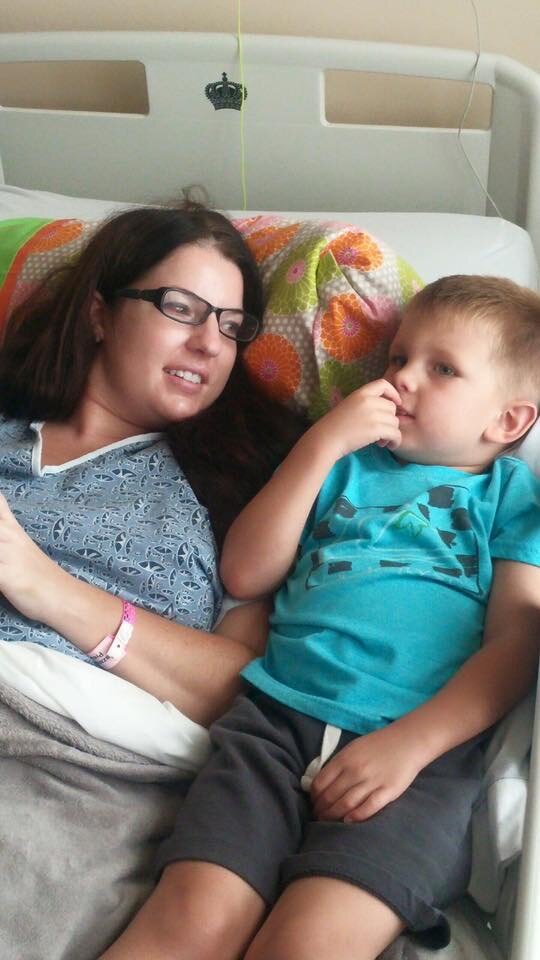
That PA friend told me to come down and see him. He set me up with a good ER doctor. We got there after taking our son to a babysitter. I could see my friend’s face. I could tell by his facial expression that something was really wrong.
I had blood drawn, and an hour later, he came back with tears in his eyes and said, ‘I don’t know how to tell you this, but you have leukemia. It’s very severe. I think you have days.’
He didn’t know the type or stage because that would take a bone marrow biopsy and more tests, but I was so critical that I was transferred right then.
Processing the cancer diagnosis
I didn’t cry. My husband became hysterical. The ER doctor was crying. I was relieved to have an answer, and then I was just ready to fight. I remember thinking I was going to lose all my hair. I wound up not losing it.
I thought about my son, and I was just ready to go. Everything was a whirlwind after that.
Describe the bone marrow biopsy
I think it depends on a person’s pain threshold. I didn’t get put under. Some people opt to do it that way because it can definitely cause a lot of anxiety if you’re not mentally prepared for it.
I do pretty well with pain and anxiety control, so I was okay. It’s not a pleasant experience by any means, but it’s not the end of the world.
They can numb your skin and your muscles, but they can’t numb your bones, so it’s a lot of pressure. You don’t really know what to expect when you’re going into it.
They take the marrow from your hip, so you’re lying on your stomach. It can get a little graphic, but they numb what they can.
They make a small incision, and it looks kind of like an apple core. When they pull it back up, it’s an aspiration, like a syringe.
There’s definitely some pressure, and it can hurt a little. Some people think it’s the most severe pain, and it’s different for different people.
Just try to breathe. Speak up if something is wrong, but for the most part, you should be fine.
It only takes about 45 minutes. It’s possible to get through it. It doesn’t have the most painful experience. Some people don’t do well with them.
If that’s you, just try to stay calm or even ask to be put under.
The results for the first one took about 3 days. I started chemo before I even got those results back.
They had guessed what my subtype was, and they guessed right. Usually it takes 7-10 days, but mine took 3.
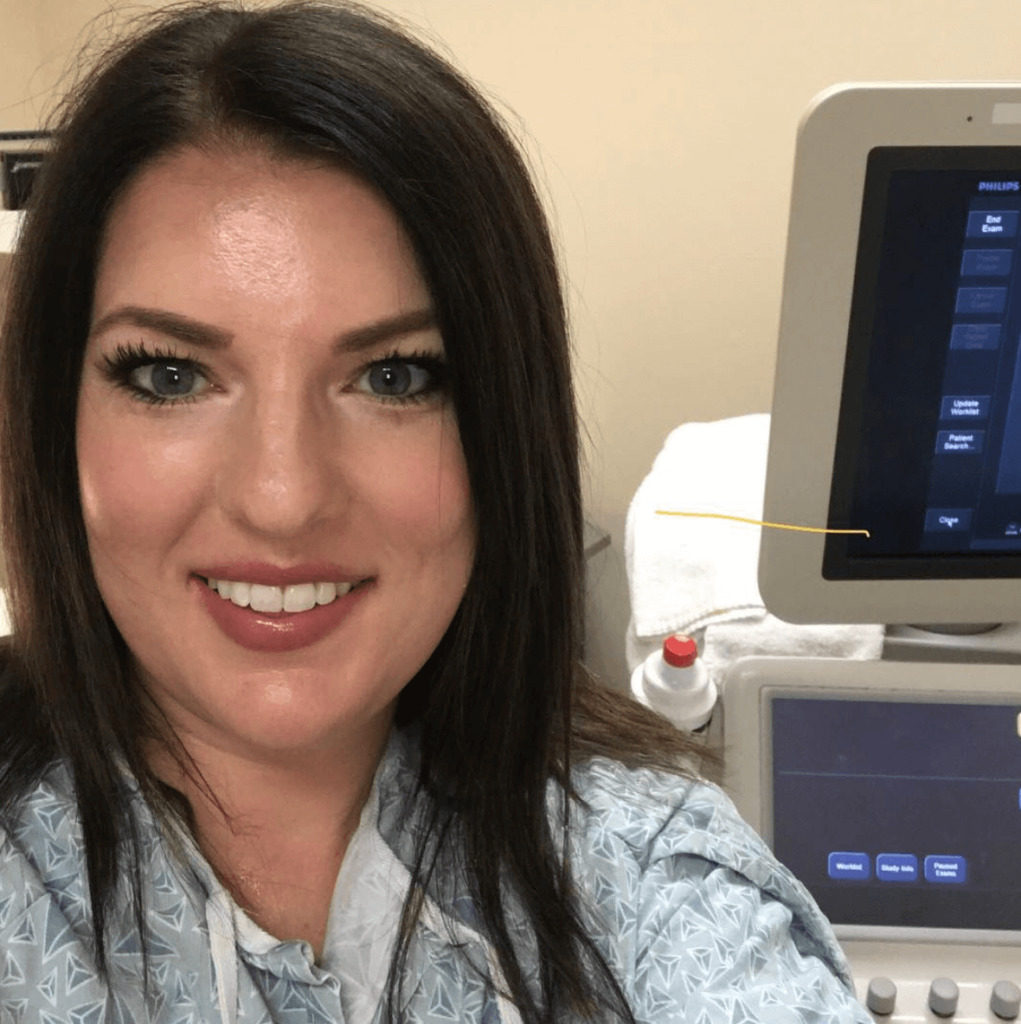
Treatment
What was your chemo regimen?
I was quarantined initially. I was inpatient. I didn’t go outside. I was in a neutropenic room because I had no immune system. I got chemo every single day for 2 months. I got a lot of blood transfusions as well. My chemo was ATRA and arsenic.
When I was outpatient, I went Monday through Friday with weekends off for a month straight. I had a few months off of infusions after that, but I was still taking a chemo pill at home. It’s pretty intense.
The arsenic can cause heart problems, so I had EKGs twice a week. The ATRA was worse surprisingly. It caused severe headaches.
My skin hurt everywhere, too. Clothing and going to the bathroom even hurt. My skin would come off with adhesive, so they had to be very careful. I was like a snake constantly shedding dead skin. It just hurts and burns like a sunburn all over.
I didn’t have a lot of trouble with nausea or anything, but your skin is your largest organ. For it to hurt all over constantly was pretty rough.
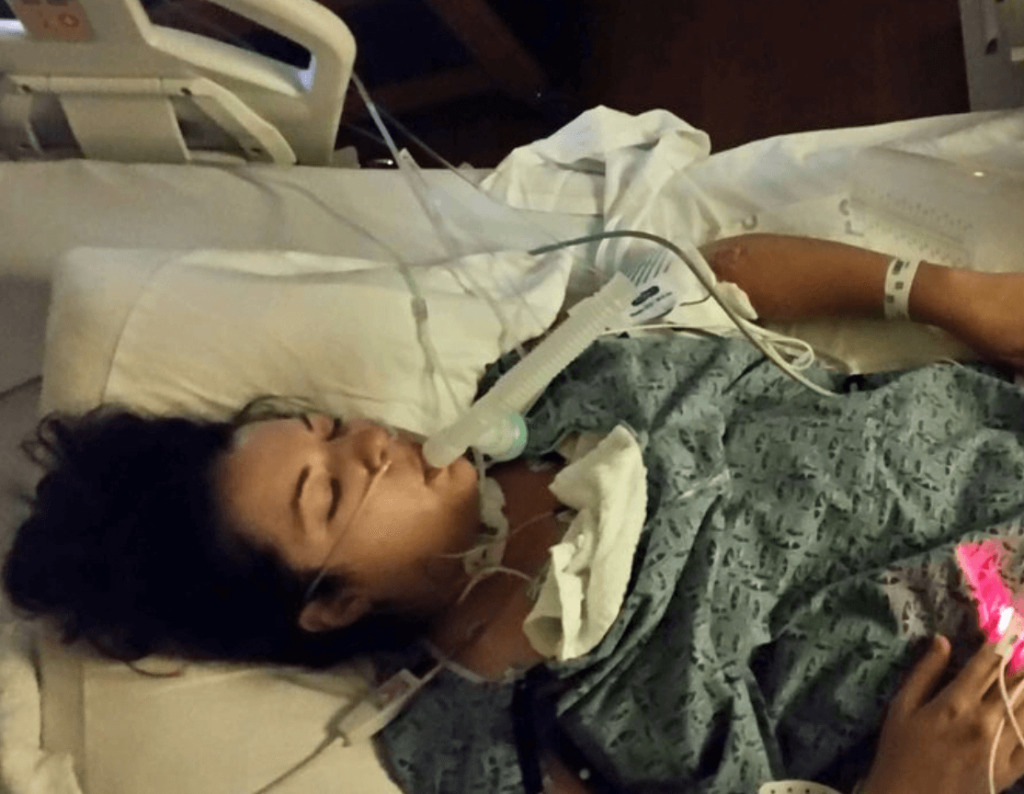
What is the follow-up protocol?
The first bone marrow biopsy I had didn’t show complete remission, so we continued chemo. By the next one, I was [in remission].
When I finished treatment, I went to the doctor every 2 months for a blood test to test for mutated chromosomes.
At the 2-year mark, I got moved to once every 3 months. Everything has been clear so far. I just did another one, and I’m sure that one is clear, too.
Do you have any advice for anyone about to go through chemo?
If you are experiencing anything troubling in your body, just keep going to the doctor.
Get your answers. Anybody that has had cancer has an experience where they’ve had to be their own advocate.
I would recommend that you find a support group during treatment. I know not everybody loves Facebook, but if you search your type of cancer, you can probably find people who are going through what you’re going through.
It took me a while to find one, but I did. Those people became my lifeline when I was experiencing a side effect or something, and I could see what their doctor had recommended and show that to mine. Look for something like that.
I hate when people say, “You’re lucky it’s only stage 1,” or, “You got the good kind, at least.” Every cancer experience has terrible symptoms and side effects, but APL isn’t as bad or scary as you think.
It’s amazing what medicine and your body are capable of. You just have to find your center. You are stronger than you know.
Reflections
Parenting with cancer
My hardest part was not getting to see my son when I wanted to. He’s 8 now, so he understands a tiny bit more.
He would ask me things, like why I left him. He felt abandoned. When he was allowed to come see me, he had to travel.
The hospital is a scary place for him. My eyes had hemorrhaged, so the whites of my eyes were red. I wasn’t really allowed to hold him because I would bruise. It was traumatic for both of us.
I wish I would’ve known more. I wish we would’ve been prepped a little bit more for how to handle it. My brother bought him a book about a mom being sick. That helped.
My husband and family were the ones who were trying to explain things. Even if he was told things, though, the gravity of it wasn’t really resonating.
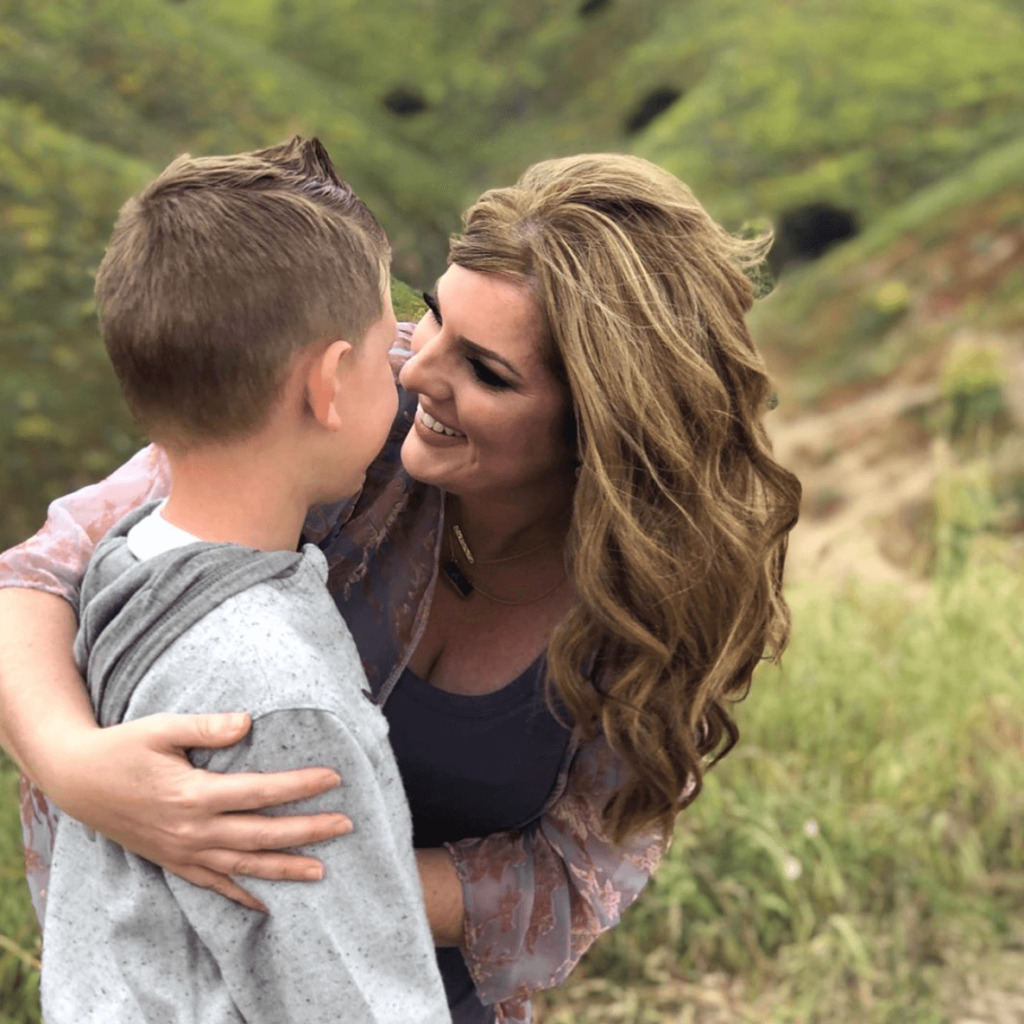
He still talks about it sometimes. We just try to make it to where he can understand. They have some camps and things kids can go to, but my son is still so young that we don’t want to do that.
He knows things, but it’s heavy. Because of his age, it doesn’t sink in all the way.
»MORE: Parents describe how they handled cancer with their kids
How did the experience affect your relationship with your husband?
It brought us closer, but it was also a huge stressor. My husband did things for me that I never thought he’d have to do — maybe when we were older — but he took such great care of me.
He worked early in the morning in the opposite direction of the hospital, and he’d get off work and come straight to the hospital. He basically didn’t sleep.
He felt awful because he didn’t know that I was that sick. He did things for me that I didn’t imagine that a human could do for somebody. The nurses and all the support staff’s jobs can be very tedious. He took it upon himself to change my sheets so they didn’t have to.
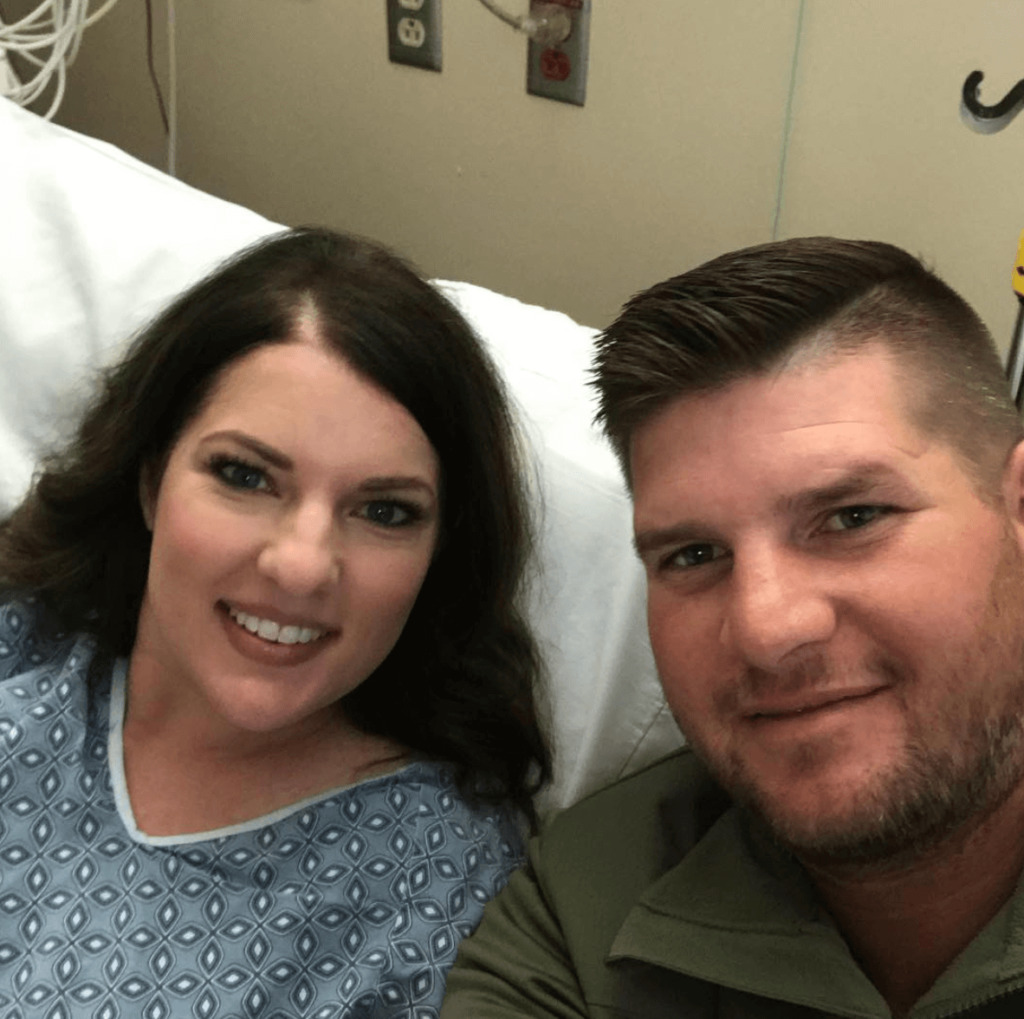
He was just so selfless. He was a dad and trying to hold it together himself while being the most scared he’d been in his life. He has never once made me feel guilty or like a burden.
We are definitely strong. We’re not the perfect couple, but we know how lucky we are.
Fertility after chemotherapy
Without me really being aware of it, they had given me hormones to stop my cycle, because I couldn’t afford to lose any blood even for a menstrual cycle. I was given a shot to stop that.
I started asking some questions when they talked about wanting to give me another one. This type of chemo doesn’t make someone completely infertile. Some people go on to successfully have a child. There are stories where people are told they can’t, and they still do.
I was told it was probably still possible, but it might be dangerous, and I needed to wait at least 2 years after the chemo protocol ended.
I haven’t been able to successfully conceive since, so we’re not sure.
We looked into fostering. We were called about possibly fostering a baby girl, but it didn’t work out for geographical reasons. We’ve had a lot of highs and lows with it.
→ Read more about fertility after cancer treatment
How did cancer change your perspective on life?
It’s very bittersweet. I’m still trying to figure some things out. I remember I kept telling my husband right after everything that I hoped that I didn’t lose how grateful I was just to do things like taking a shower.
You lose that some. Frustrations in life come. I haven’t gone back to my former self, but it’s complicated. It’s such a complex emotional rollercoaster.
When you’re done with treatment, you look normal, and people want you to be happy and healthy. You are for the most part, but for a while, I just wanted to get back to my old self. That’s just not possible in my situation. Some people can, but I haven’t been able to revert.
You kind of have to mourn your old self.
When your health and state of mind isn’t the same, it can be frustrating. The trauma is still there, but it gets overshadowed by gratitude a lot of times.
Things hit me in waves. I probably should’ve started trauma therapy of some kind. I’m still trying to figure some of it out. I have things that still affect me in day-to-day life.
I have this maturity and strength now that I wouldn’t have had I not experienced this. It sets you apart in some ways. I’ll hear people complain, and it’s hard for me to be sympathetic because things could be so much worse.
What advice do you have for someone who has just been diagnosed?
Try to look outward as much as possible when you’re in the hospital, because helping others will help you make it through. I would visit with other patients when I was allowed to, if they wanted to. I would ask nurses to put me to work. I would tear perforated edges on labels and stuff like that for them.
I wasn’t allowed to have fresh fruits and vegetables because I was neutropenic, but I looked forward to Saturdays because they would let me have pizza delivered for some reason. We would order pizza for the whole staff every week.
When I became outpatient and had to wait for results, I would go over to the children’s hospital. Nothing will give you perspective like knowing there are young kids going through the same. I looked for people who needed someone to talk to.
Dive deep and look for the good that’s going to come out of it. As an outpatient, I was so grateful that I was home. I celebrated those milestones, and I encourage everyone to do the same.
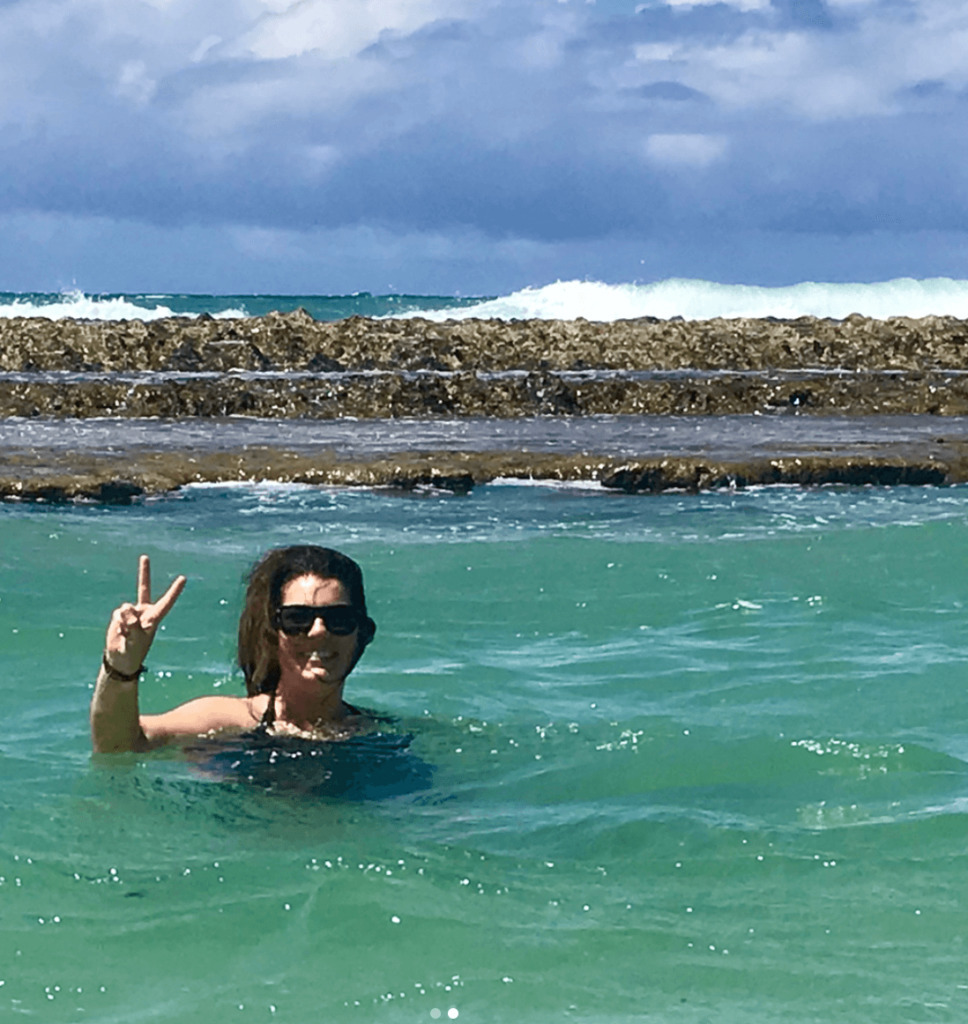
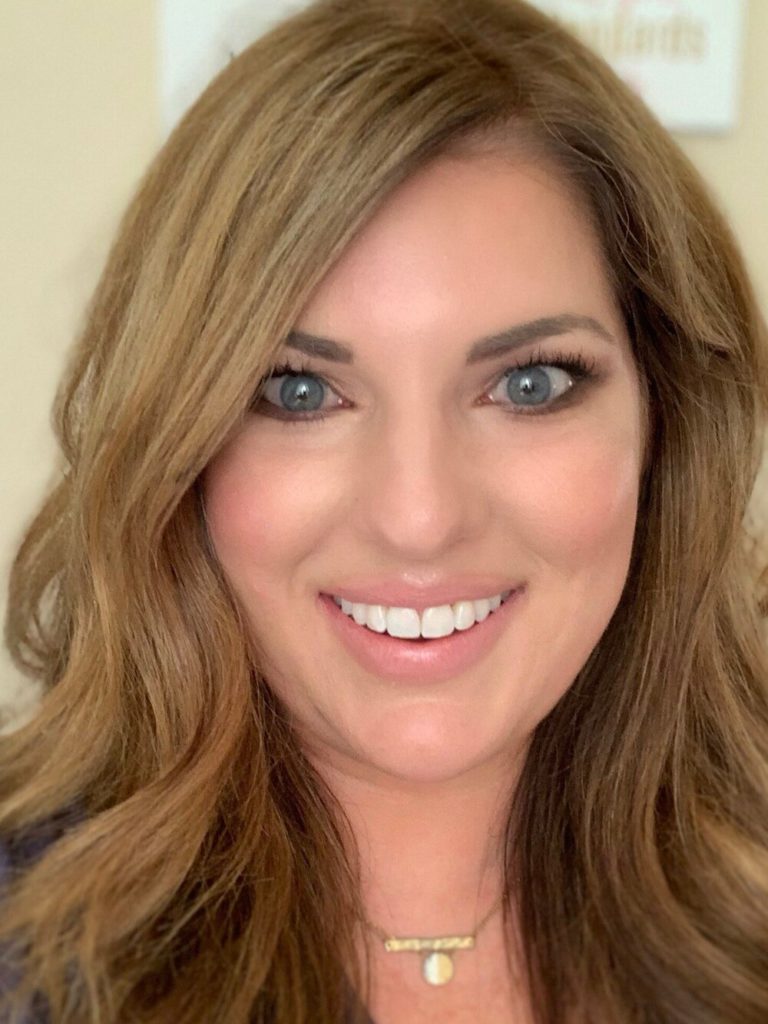
Inspired by Leslie's story?
Share your story, too!
Acute Myeloid Leukemia Stories
Russ D., Acute Myelomonocytic Leukemia (AMML), with NPM1 Mutation
Symptoms:Flu‑like symptoms, profound fatigue, blood pressure drop, shortness of breath
Treatments:Chemotherapy, clinical trial (menin inhibitor)
Shelley G., Acute Myeloid Leukemia (AML) with NPM1 Mutation
Symptoms: Fatigue, rapid heartbeat, shortness of breath, low blood counts
Treatments: Chemotherapy, clinical trial, stem cell transplant
Joseph A., Acute Myeloid Leukemia (AML)
Symptoms: Suspicious leg fatigue while cycling, chest pains due to blood clot in lung
Treatments: Chemotherapy, clinical trial (targeted therapy, menin inhibitor), stem cell transplant
Mackenzie P., Acute Myeloid Leukemia (AML)
Symptoms: Shortness of breath, passing out, getting sick easily, bleeding and bruising quickly
Treatments: Chemotherapy (induction and maintenance chemotherapy), stem cell transplant, clinical trials
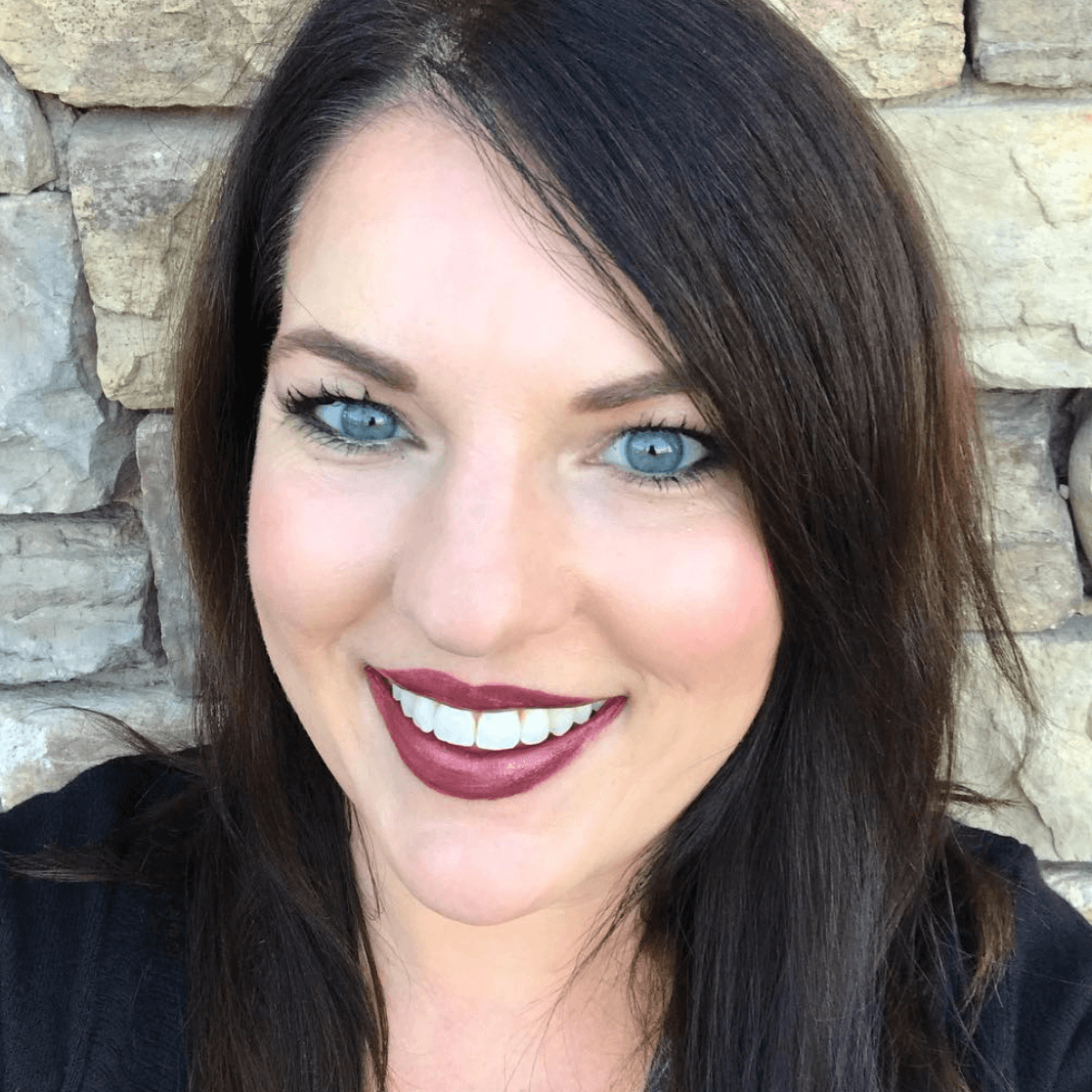
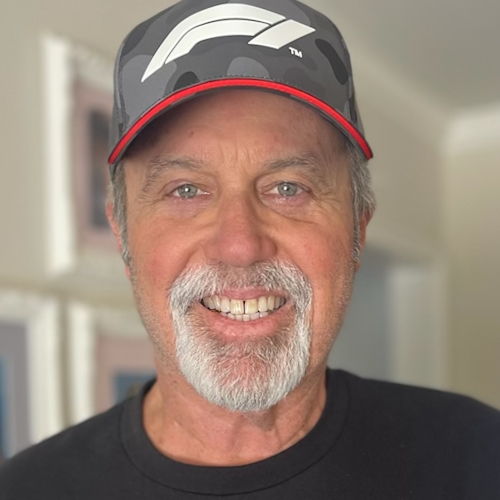
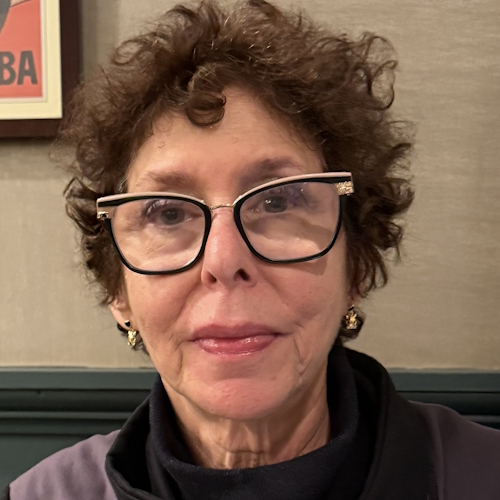
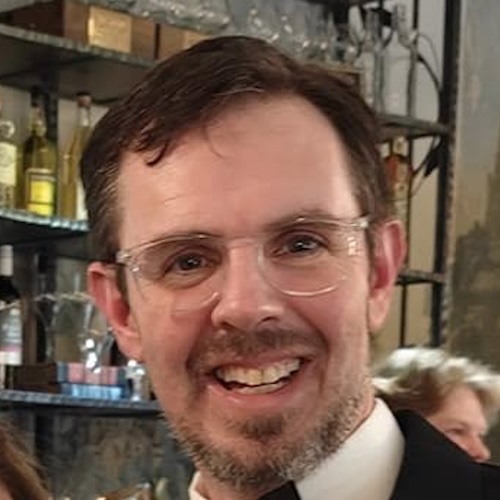
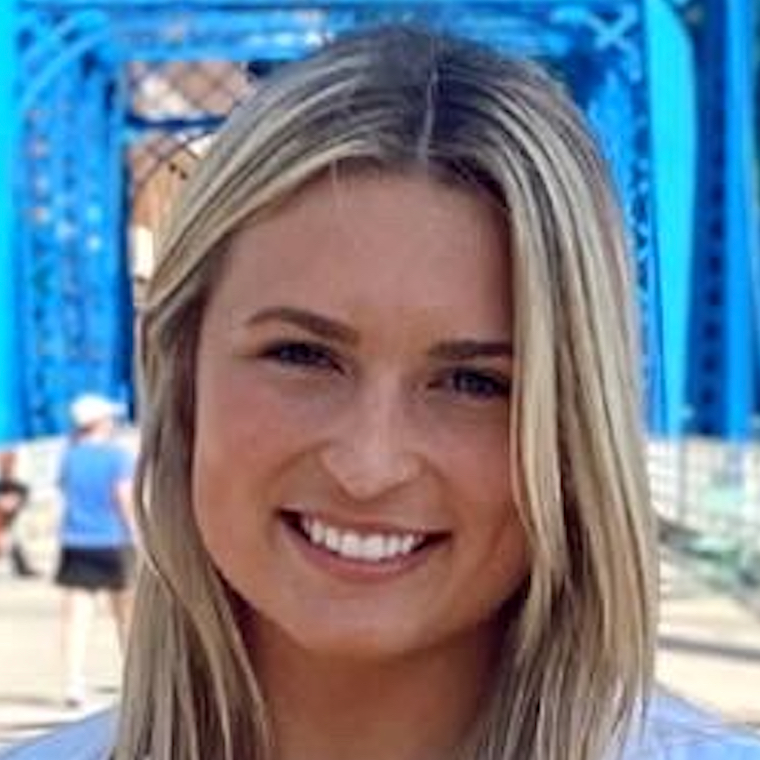
2 replies on “Leslie’s Acute Promyelocytic Leukemia Story”
VVery strong lady but Im sure your son had something to do with it
Was diagnosed in 04.2021 with APL Leukemia. 48 y/o male. Very similar stories. Went to ER with shortness of breath after 2 days of difficulty on gym treadmill. Rushed to MD Anderson in Houston, TX for confirmation. Started initial tx before confirmation due to chest infection concerns, bleeding and bruising showing up rapidly. Induction for 3 1/2 weeks, currently in consolidation. Similar side effects to tx. Headaches, irritated skin and hair thinning with Atra, fatigue and malaise with arsenic. Good to read others experience with an uncommon cancer. Thank you.